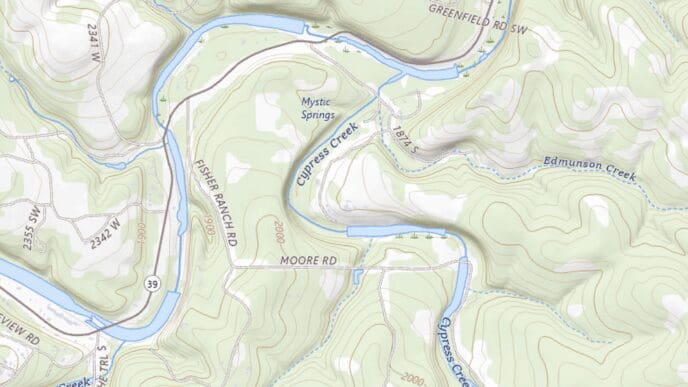President Donald Trump activated the Alien Enemies Act, a statute from 1798, on March 14. This decision grants him extensive authority to deport noncitizens during wartime. His administration targeted the Venezuelan gang, Tren de Aragua, which he has controversially labeled as part of a so-called criminal immigrant invasion. Within 24 hours, over 130 Venezuelans were deported to a detention facility in El Salvador, despite a judicial order to halt the flights.
The Alien Enemies Act dates back to John Adams’s presidency and had only been invoked three times previously during the War of 1812 and both World Wars. The Trump administration has increasingly framed the immigration situation as a state of war, declaring several Latin American criminal groups, including Tren de Aragua, as foreign terrorist organizations.
U.S. immigration authorities employ specific identifiers to categorize individuals as gang members, including tattoos, clothing styles like Chicago Bulls jerseys, and other urban streetwear. Among the deported was Andry José Hernández Romero, a Venezuelan makeup artist, who fled his country seeking a safer life in the United States. With tattoos that symbolically connected to cultural events and family, Romero insists he has no affiliation with the gang, Tren de Aragua.
In the days leading up to the deportations, U.S. Immigration and Customs Enforcement coordinated the movement of detained Venezuelans to Harlingen, Texas. An unusual series of deportation flights from Harlingen to El Salvador was scheduled, sparking legal action from advocacy groups like the ACLU and Democracy Forward. These groups filed petitions on behalf of Venezuelans fearing wrongful deportation under the Alien Enemies Act.
The situation escalated when Judge James E. Boasberg issued a temporary restraining order to halt deportations. However, despite this order, two planes with deportees had already departed for Central America. The administration is now appealing to the Supreme Court to continue the deportations under the Alien Enemies Act, while further legal implications are yet to be resolved.
The Evolving Landscape
- This situation exemplifies the use of historical legislation in modern contexts, potentially changing how immigration laws are enforced and interpreted.
- Communities with high numbers of immigrants could experience increased scrutiny and legal challenges, impacting daily life and social dynamics.
- The deportation of individuals like Romero highlights the challenges faced by migrants seeking asylum and the complexities involved in distinguishing between genuine asylum seekers and alleged criminals.
- Legal advocacy groups may see this as a significant moment to examine and challenge the application of aged statutes in current immigration policy.
- The unfolding events could influence future immigration policies and enforcement strategies, affecting not only the United States but also international relations and human rights considerations.














